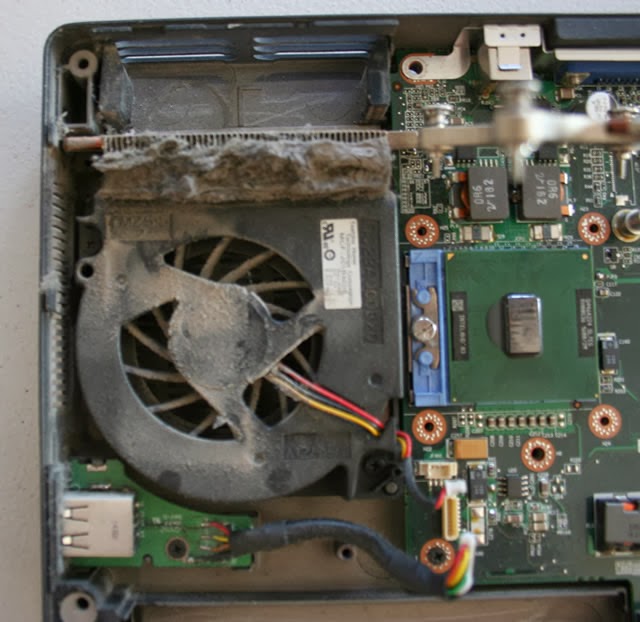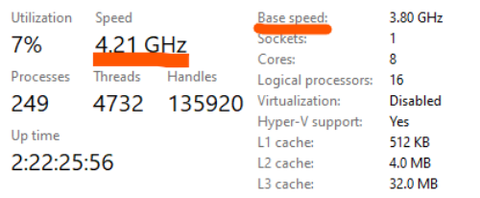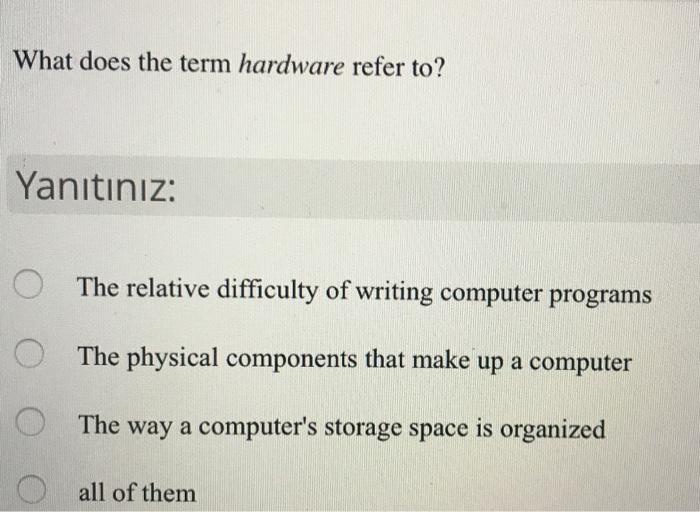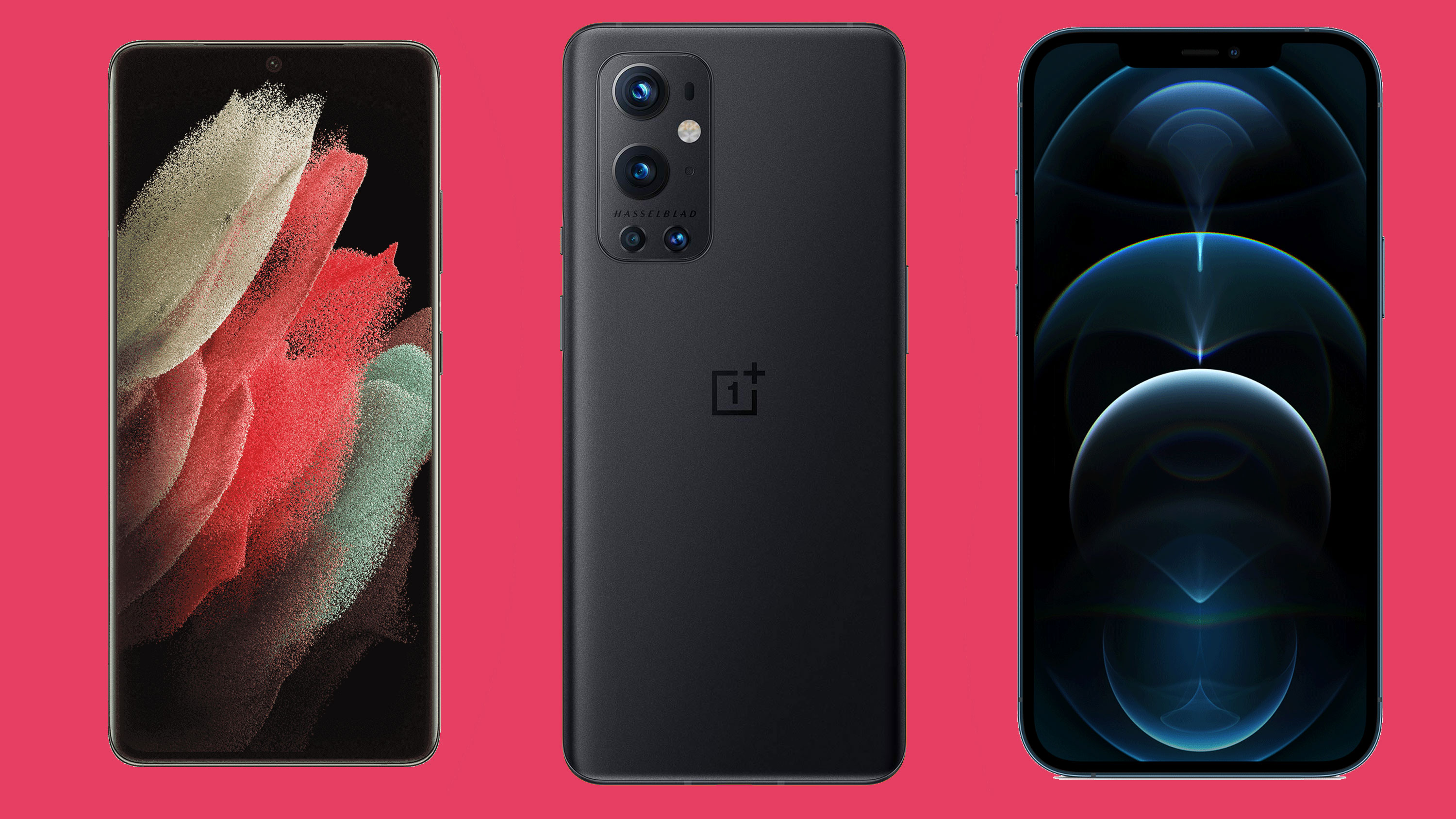Understanding Prepaid Smartphones: A Comprehensive And Informative Guide
Introduction
Welcome to our comprehensive and informative guide to understanding prepaid smartphones. With the smartphone industry evolving rapidly, it can be challenging to keep up with various service plans and features. This guide aims to simplify prepaid smartphones for you, elaborating on what they mean, how they work, advantages of having them, and much more. Whether you are planning to switch from your existing plan or you are purchasing your very first smartphone, this guide equips you with valuable insights to help you make an informed decision. Read on to become a savvier smartphone consumer.
What Does a Prepaid Smartphone Mean?
The term ‘prepaid smartphone’ may sound complex, but its meaning is actually quite straightforward. In essence, it refers to a type of mobile phone that you buy and use without being bound by a long-term contract with a telecommunication service provider. Here's a summary of what this means:
- Upfront Payment: Contrary to postpaid phones, you pay for the services in advance, hence the term ‘prepaid’.
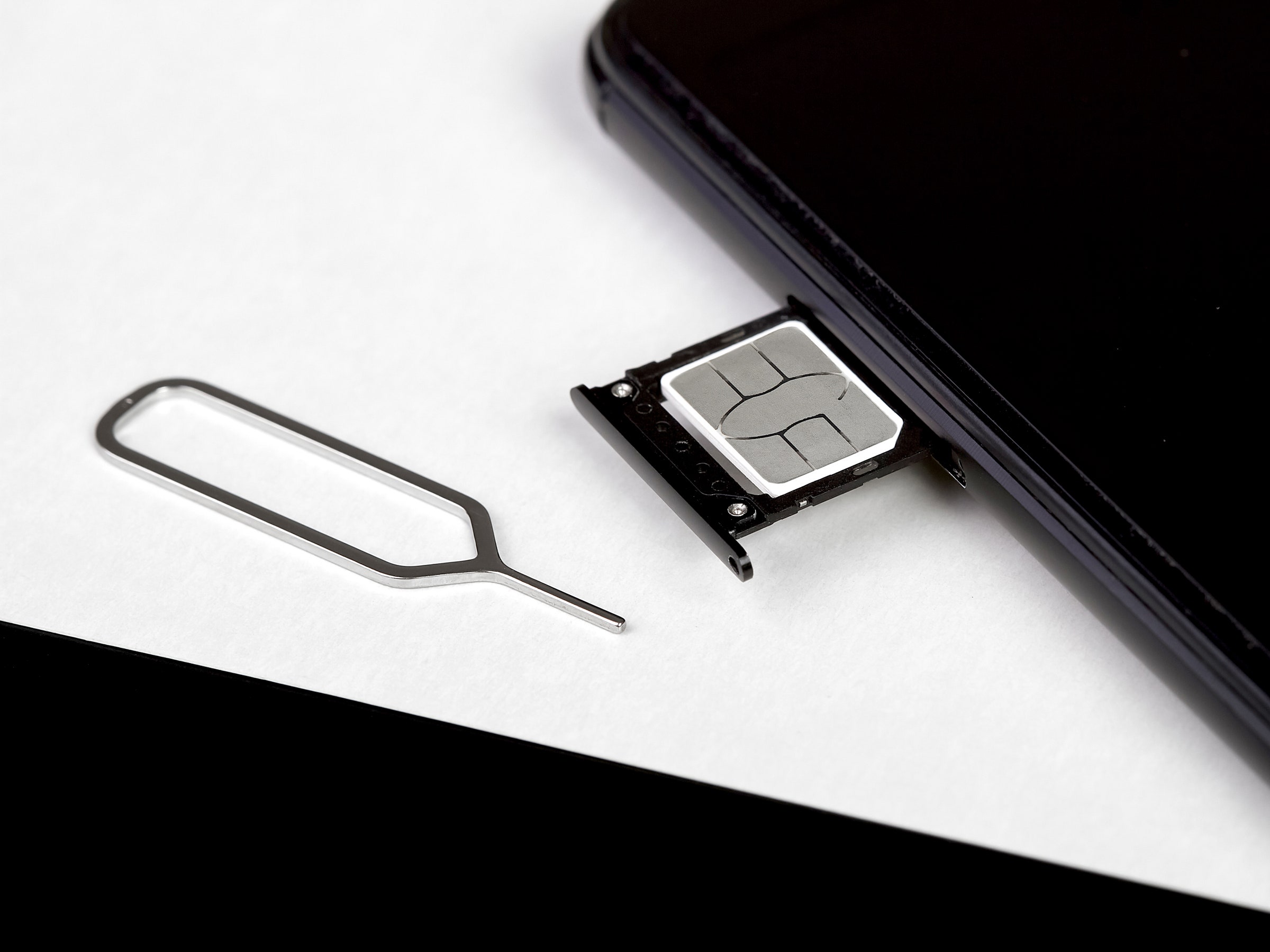
- Pre-Defined Services: You purchase a specific amount of service upfront, which typically includes talk time, text messages, and data.
- Usage-Based: The prepaid smartphone functions until these pre-purchased services are exhausted and to continue using the services, you must recharge.
Breaking away from the traditional postpaid setup, prepaid smartphones involve an upfront payment, after which you can use the phone within the limits of your prepaid services. Once these run out, you will have to top up your account to continue enjoying the services. The primary aspect that sets prepaid smartphones apart lies in their unique payment and usage structure, granting you greater control over your phone usage and monthly expenditure.
How Does a Prepaid Smartphone Work?
Operating a prepaid smartphone involves a series of straightforward steps. It's not fundamentally different from using any other phone, but the method of payment and plan structure undergoes a significant shift.
Here's a concise breakdown of the process:
1. Purchasing the Phone: The first step is procuring the phone itself. Browse through the different models offered by a plethora of service providers, selecting one that suits your preferences and budget.
2. Choosing a Service Provider: Post-purchase, you need to select a carrier from whom you'll get the prepaid service. Different carriers differ significantly in their offerings, and your choice would depend on factors such as the variety of plans available, network coverage, customer service, and so on.
3. Selecting a Prepaid Plan: The next step is choosing a prepaid plan that aligns with your usage expectations and budget. Most carriers offer an array of options with varying data, call, and texting allowances.
4. SIM Card Issuance and Activation: Your chosen carrier will provide you with a SIM (Subscriber Identity Module) card corresponding to your selected prepaid plan. You need to insert this SIM into your smartphone and activate it.
5. Topping-Up the Services: Having activated the SIM, the following move is to top it up with your chosen prepaid services. You can enjoy the benefits until they run out.
6. Recharging Post Consumption: Once you exhaust your services, you’ll need to recharge your SIM and add more services to continue using the smartphone.
Remember, the smartphone itself doesn't operate any differently – it’s the financial setup and plan structure that varies.
What are the Differences Between Prepaid and Contract Smartphones?
Understanding the key differences between prepaid and contract smartphones plays an essential role before making a purchase or switching your service. Here’s a detailed comparison of the crucial elements of each type of phone:
Payment Structure
- Prepaid Smartphones: With a prepaid system, you have to pay upfront for the service you use, including calling minutes, data packages, and text messages. There are no hidden bills or surprise overage costs.
- Contract Smartphones: Contract services bill you monthly for the services used with a set fee. If you happen to exceed your service limit, you might encounter additional charges.
Flexibility and Commitment
- Prepaid Smartphones: Since there are no long-term contracts, you have the freedom to switch or even terminate the service at any point without penalties.
- Contract Smartphones: Most contracts run for a set term- often two years, with penalties incurred if you decide to discontinue the services before the contract ends.
Change in Services
- Prepaid Smartphones: You can easily adapt your prepaid plan to your evolving needs. If you want to add more data or minutes, you simply upgrade your plan instantly.
- Contract Smartphones: Changing plans in a contract can entail a lengthy process or even the initiation of a new contract term.
Variety and Sophistication
- Prepaid Smartphones: Today’s prepaid phones are increasingly offering the same range and sophistication of handsets and services as found with contract phones.
- Contract Smartphones: Historically, contract phones have been associated with high-end phones and premium features, but prepaid options are rapidly catching up.
Each type of phone and service comes with its advantages and caveats. It’s about finding the one that aligns best with your usage patterns, budget, and preferences.
What are the Key Advantages of Opting for a Prepaid Smartphone?
The rising appeal of prepaid smartphones can be attributed to the myriad of advantages they carry in comparison to their contract counterparts. Here, we delve into the most compelling benefits one would realize by choosing a prepaid smartphone:
1. Budget Management: Prepaid smartphones come with the perk of upfront payments for services, which takes the surprise factor out of monthly bills. They impose a natural limit on your usage, thereby assisting in effective budget management.
2. Flexibility: The absence of binding long-term contracts breathes a high degree of flexibility into prepaid smartphones. This allows you to change plans or switch providers without any additional charges or penalties, following the rhythm of your dynamic needs.
3. Comparable Services: In stark contrast to prevalent misconceptions, prepaid plans are often as comprehensive as postpaid plans, inclusive of unlimited text and call options, with some even offering unlimited data.
4. Unlocked Devices: An added advantage for prepaid smartphone users is that most of these devices come unlocked. This means you have the liberty to switch between carriers seamlessly.
5. Hassle-free Operations: Lastly, prepaid smartphones eliminate the need for credit checks or contractual agreements, making them an easy and hassle-free alternative, ideal for individuals who prefer simplicity in their operations.
In a nutshell, prepaid smartphones offer a blend of budget-friendly services, flexibility, simplicity, and competitive services, making them an apt choice for an array of users.
What Are Things to Consider Before Purchasing a Prepaid Smartphone?
Investing in a prepaid smartphone requires careful thought and deliberation, especially since it influences your communication channels and budget. Here are a few critical factors to evaluate before making your purchase:
1. Assess Your Smartphone Usage: Understand whether you will primarily use your smartphone for calling, texting, or browsing the Internet. This usage will direct your choice of prepaid plans. For instance:
- Heavy callers could benefit from plans offering unlimited call time.
- Frequent texters might prefer plans with unlimited text messages.
- Data users may want to opt for plans providing ample data allowance.
2. Consider Network Coverage: Depending on your geographical location, network coverage can greatly vary among providers. Ensure to choose a provider that offers reliable coverage in your primary usage area.
3. Check Availability of Desired Smartphone Model: Your chosen prepaid service provider must offer the smartphone model you desire. Some providers have limited phone selection, while others may offer a broader variety to choose from.
4. Locked vs Unlocked Phones: Find out if the prepaid phone you are considering is locked or unlocked. While locked phones are bound to a specific network, unlocked phones give you the flexibility to switch network carriers at your convenience.
By carefully considering these factors, you can ensure that you select a prepaid smartphone plan that aligns with your communication needs and lifestyle! Remember, informed decisions lead to satisfying experiences.
Conclusion
In conclusion, prepaid smartphones provide a flexible and budget-friendly alternative to contract phones. By understanding your needs and doing adequate research, you can find a plan that provides value for money and suits your lifestyle. Make sure to consider factors such as usage patterns, network coverage, and phone model availability before finalizing a decision. Remember, choosing the right smartphone plan can significantly enhance your user experience.
Related FAQs about what does a prepaid smartphone mean
Why might a prepaid smartphone be a good choice for me?
A prepaid smartphone offers flexibility as there are no long-term contracts. It helps to manage your budget since you pay for the services upfront. The hassle of credit checks or contractual agreements is eliminated. Mostly, they come unlocked, allowing you to switch between carriers.
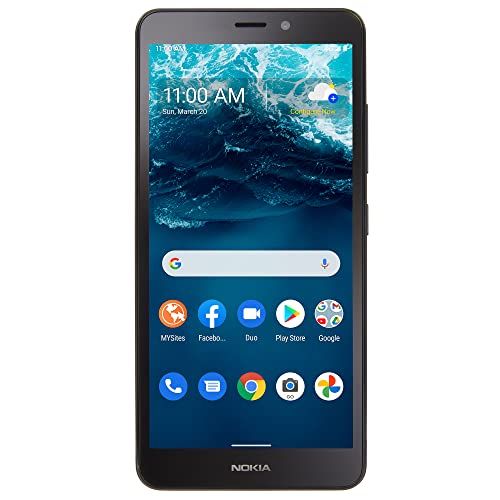
Are there any potential downsides to using a prepaid smartphone?
Potential downsides of prepaid smartphones might include more limited network coverage in some areas and fewer options for high-end smartphone models. They also typically require upfront payment for the device, which can be more expensive in the short term.
How does the cost of a prepaid smartphone compare to a contract phone?
Prepaid smartphones usually require a larger upfront payment but can be cheaper overall because you only pay for the services you use. Contract phones typically involve a smaller upfront payment but may be more expensive in the long run due to fixed monthly charges.


